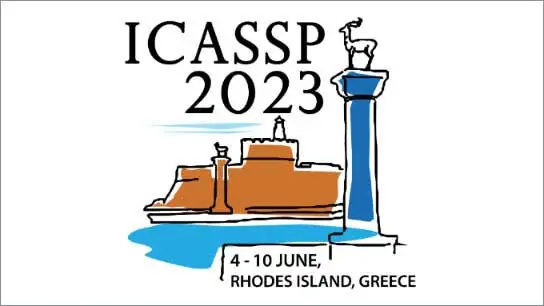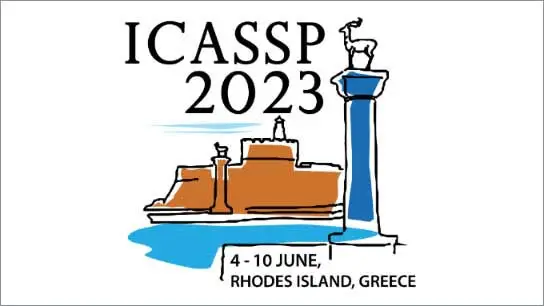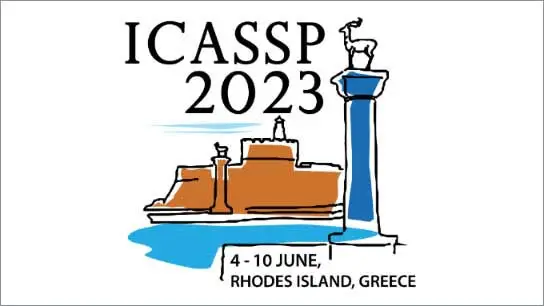AN ANALYSIS OF DEGENERATING SPEECH DUE TO PROGRESSIVE DYSARTHRIA ON ASR PERFORMANCE
Katrin Tomanek (Google); Katie Seaver (Google); Pan-Pan Jiang (Google); RIchard Cave (Google); Lauren Harrell (Google); Jordan Green (MGH Institute of Health Professions)
-
Members: FreeSPS
IEEE Members: $11.00
Non-members: $15.00
06 Jun 2023
Although personalized automatic speech recognition (ASR)models have recently been designed to recognize even severelyimpaired speech, model performance may degrade over timefor persons with degenerating speech. The aims of this studywere to (1) analyze the change of performance of ASR overtime in individuals with degrading speech, and (2) exploremitigation strategies to optimize recognition throughout dis-ease progression. Speech was recorded by four individualswith degrading speech due to amyotrophic lateral sclerosis(ALS). Word error rates (WER) across recording sessionswere computed for three ASR models: Unadapted SpeakerIndependent (U-SI), Adapted Speaker Independent (A-SI),and Adapted Speaker Dependent (A-SD or personalized).The performance of all three models degraded significantlyover time as speech became more impaired, but the perfor-mance of the A-SD model improved markedly when it wasupdated with recordings from the severe stages of speech pro-gression. Recording additional utterances early in the diseasebefore speech degraded significantly did not improve the per-formance of A-SD models. Overall, our findings emphasizethe importance of continuous recording (and model retrain-ing) when providing personalized models for individuals withprogressive speech impairments.



